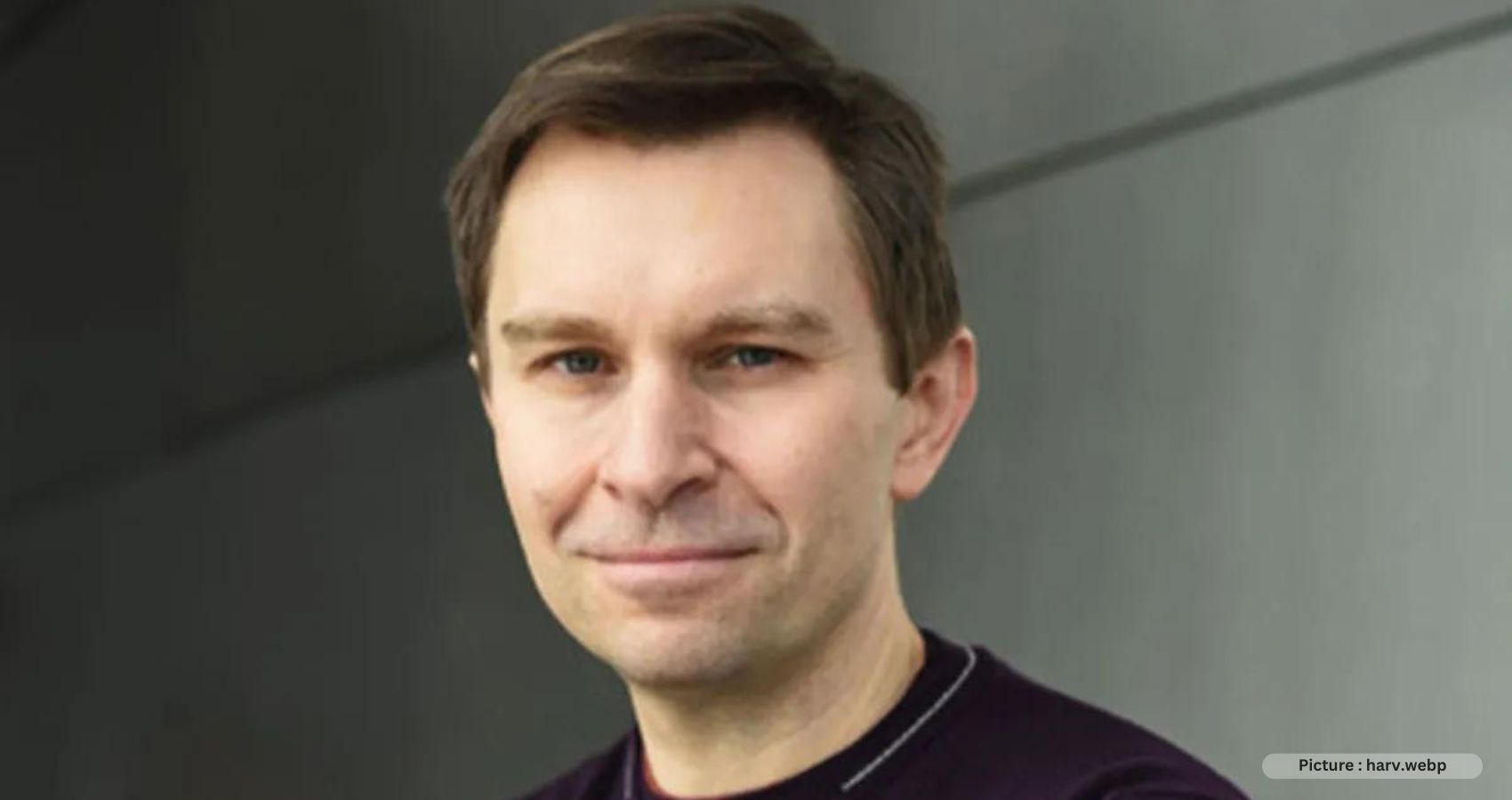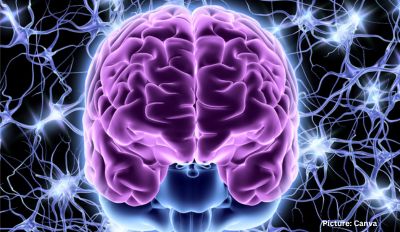A Harvard genetics professor who only gets six hours of sleep each night and does not exercise every day claims that three habits helped him age by a decade. David Sinclair consumes polyphenols in a couple of spoonfuls of yogurt in the morning, green matcha tea, and 80 percent dark chocolate on occasion to maintain his healthy lifestyle.
However, Sinclair, a 54-year-old Harvard Medical School professor of genetics and co-director of the Paul F. Glenn Center for Biology of Aging Research, is not rigid about everything.
In a recent interview, he told GQ that he doesn’t usually exercise every day and doesn’t sleep more than six hours a night (standard guidelines recommend 150 minutes of moderate-intensity exercise per week and between seven and nine hours of sleep each night).
Despite this, he claims that his regimen has helped him maintain a biological 10 years younger than his age, highlighting the modern phenomenon known as “reverse aging” or fighting decline and disease caused by age.
Sinclair tells GQ, “I think a lot of us think that when you’re in your twenties, you’re impervious to aging and illness. What we now know is that the epigenetic clock starts to tick from birth and that what we do in our twenties does affect our ultimate longevity.”
Experts say that your epigenetics are the focus of research that is relatively new on delaying and reversing aging. The 12 hallmarks of aging, which include epigenetic changes, cellular senescence, and chronic inflammation, have been outlined by longevity experts. The aging process may be slowed down by lifestyle choices and other treatments that target one or more of these characteristics.
Sinclair previously stated to Fortune, “Biological age is a much better representation of health status than birthday candles.” Birthday candles don’t tell you how well you’ve been living or how many years you have left in your life.
He is of the opinion that we will one day be able to go back 20 years. He continued, “I see no reason why that wouldn’t be possible.” The only question is when.
So, how does Sinclair manage to stay young and healthy as she gets older? In his early thirties, he started working on it. The longevity researcher started out in three ways:
Consuming Resveratrol Sinclair swears by resveratrol, a natural polyphenol or antioxidant that can be found in peanuts, red wine, and berries. Each morning, he takes it as a supplement along with “a couple of mouthfuls of yogurt.” Sinclair also has green matcha tea, which is high in polyphenols like ECGC catechins.
Antioxidant properties of polyphenols have been shown to improve mood, strengthen the gut microbiome, lower the risk of tissue damage, and increase heart strength.
Sinclair, on the other hand, consumes the micronutrient as a supplement, which is not regulated by the FDA in the United States; As a result, the dosage may be ambiguous and higher, increasing the likelihood of adverse effects like nausea and vomiting. The Cleveland Clinic says that the whole food source of the micronutrient is more likely to help you than the micronutrient in a supplement.
Sinclair tells GQ that for about 15 years he has made morning polyphenols a priority. Skipping breakfast Sinclair does intermittent fasting, in which he waits between 16 and 18 hours between large meals—a practice that is supported by many C-suite executives.
He tells GQ, “That’s basically having a very late lunch or a big dinner.” However, he warns against malnutrition and starvation and says that starting this regimen when you’re younger can be risky.
Intermittent fasting may reduce the risk of diabetes, heart disease, and dementia, all of which are common causes of aging. Fasting, on the other hand, is not for everyone and can be harmful to one’s health, as well as a trigger for people who struggle with eating disorders or disordered eating. Without being excessively severe, there are additional ways of fasting that might work for you.
Specialists suggest beginning little, making feasts exceptionally nutritious, and remaining hydrated. Sinclair began reducing his intake of sugar and meat. He centers around a plant-based diet; Rice, couscous, and almonds make up a typical dinner.
According to what he tells GQ, “I rarely, rarely eat anything other than plant-based and nut-based foods, including milk.” Even though drinking wine is a part of the Mediterranean diet, Sinclair has given up the nightcap.
I’ve stopped eating dairy and alcohol as well. I rarely consume food or drink, but when I do, I’m happy to do so for a celebration or other occasion, but that’s what I focus on. Additionally, he admits to having an “occasional french fry.”
He claims that his diet “made a huge difference to my blood biomarkers and epigenetic age” within months. A plant-based diet is related with medical advantages like bringing down the gamble of diabetes, dementia, stoutness, and hypertension. Additionally, eating foods made from plants lowers the risk of cardiovascular disease. According to Harvard Health, excessive sugar consumption, particularly added sugar in highly processed foods, is linked to diabetes, obesity, and heart issues.
“My memory also returned when I switched to this new diet. He tells GQ, “I used to have a hard time remembering phone numbers and key codes. Now it’s easy. As a result, I returned to my 20-year-old mind.”











